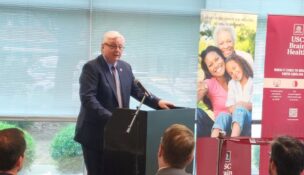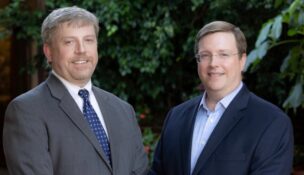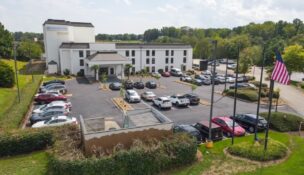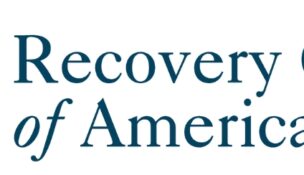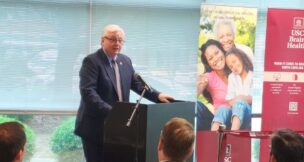Grant supports work forwarded by Greenwood Genetic Center
Staff Report //March 3, 2020//
A patient-led foundation closely tied to the Greenwood Genetic Center has landed a portion of $13.5 million in funding to pursue cures and treatments for rare diseases.
The Chan Zuckerberg Initiative, created by Priscilla Chan and Mark Zuckerberg in 2015, announced the funding to be shared by 30 patient-led organizations working to find treatments and cures for rare diseases. The grants are part of the initiative’s Rare As One Project, aimed at supporting and lifting up the work that patient communities are doing to accelerate research and drive progress in the fight against rare diseases, according to a news release.
As many as 7,000 rare diseases affect 400 million people worldwide, the news release said. The majority of these diseases are not well known, and fewer than 5% have any FDA-approved therapy.
 The family-led Snyder-Robinson Syndrome Foundation is one of the recipients. The foundation will receive $450,000 over two years, along with resources including training, community mentorship and capacity-building services to assist them in establishing a network of researchers and clinicians.
The family-led Snyder-Robinson Syndrome Foundation is one of the recipients. The foundation will receive $450,000 over two years, along with resources including training, community mentorship and capacity-building services to assist them in establishing a network of researchers and clinicians.
The Greenwood Genetic Center has a close relationship with the Snyder-Robinson Foundation and a long-standing interest in this condition that causes hypotonia (weak muscle tone), developmental delay, intellectual disability, seizures and orthopedic problems, the release said.
The gene causing Snyder-Robinson syndrome was discovered in 2003 by Greenwood Genetic Center’s then-director of research, Charles Schwartz, and his team, according to the release. He convened a workshop at the center in 2017 including clinicians, scientists, pharmaceutical representatives and families to launch a collaborative effort to develop a treatment for Snyder-Robinson syndrome. Schwartz retired in 2018 but continues his work with Snyder-Robinson syndrome as chairman of the foundation’s medical and scientific advisory board.
"I am so proud that the Snyder-Robinson Foundation has been selected for this transformational award,” Schwartz said in the news release. “They have done extraordinary things to mobilize families from around the world who are impacted by this rare condition, and with this grant and their perseverance, I have no doubt that we will find an effective treatment and eventually a cure.”
o





